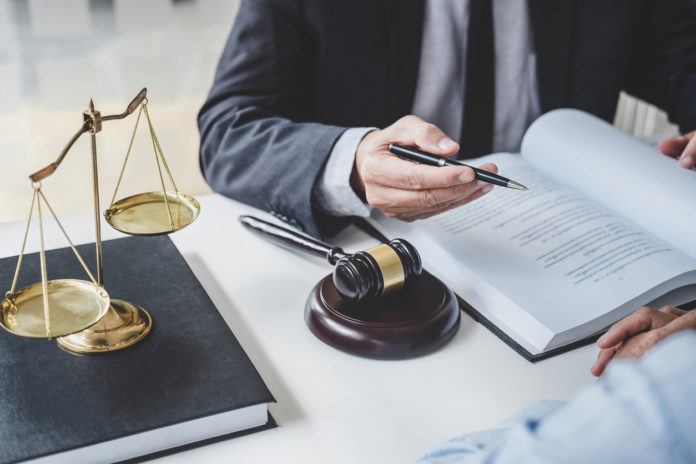
If you’re an avid reader of tabloid news, you’re probably very familiar with the term “defamation.” It’s certainly a term that makes many famous people feel worried, due to the consequences of these types of accusations. In the age of the internet, everything you say or do is documented forever. As soon as you say something, especially if you’re in the public eye, it’s documented for the foreseeable. When it comes to making a legal claim, there are so many defamation cases that can put an end to someone’s career or business. Let’s explore more about defamation, what the repercussions are and a few prolific cases that may be familiar to you.
What Is Defamation?
Defamation occurs when someone communicates a false statement about an individual that could be damaging to their reputation. Slander is one category of defamation which is a spoken statement which degrades someone’s reputation. Libel is another category, which is a written or visible statement which states damaging information about a person. For example, in the case of Bryan Freedman, he is an entertainment attorney who is being accused of defamation due to spreading lies about his former client Michael Kassan. This case is still ongoing, but it outlines that untrue statements have been made in the media and on social media, leading to the defamation of the victim’s character. In some cases, the court may rule that the defamatory statements are removed from any written or online publications.
Here’s Why People in The Public Eye Are Targeted
Usually, defamation cases involve people in the public eye as they have the biggest repetitions on the like. A famous example that you may have seen is the case of Johnny Depp against his ex-wife Amber Heard, as she accused him of domestic abuse. Depp’s career suffered as a result of these statements, and a trial ruled that they were false. In some publications no name may be revealed but the nature of the statement can lead you to believe it’s about a certain person.
The Legal Ramifications
When a person is defamed, they are most likely to file a civil lawsuit against the person who spread the false information about them. Victims can be unsure whether it’s possible to sue someone for false claims, allegations and defamation and this is only easily determined on a case by case basis. Making a false statement about someone who is in the public eye can cause serious harm to their reputation and career. If a statement affects a person’s earnings it is also considered to be defamation. If the person is found to be guilty of defamation, compensation is usually paid to the victim as per court orders, to make up for the damage caused to their reputation.
All in all, defamation cases can be a time consuming process to everyone involved. Whether it’s the attorney who’s involved in the case, or the person who’s being accused, there is always a lot to uncover during these types of lawsuits. Defamation is taken seriously by the courts, and with the relevant evidence they will determine the outcome of each individual case.





